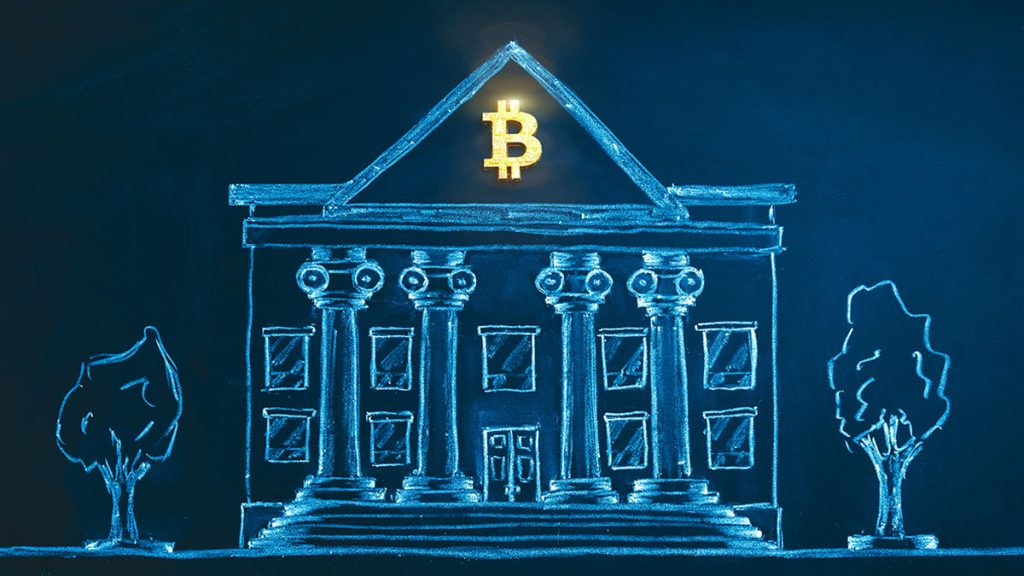
Crypto can enable financial inclusion and economic empowerment across the globe in many areas where financial services are either lacking or even corrupted. Users of crypto can bypass some international and banking restrictions and even have an alternative to storing and saving money.
As it stands today, crypto is the wild west. However, large global actors from governments to large tech companies have expressed more than just a little interest in the survival and adoption of crypto into daily life. The natural integration by large authorities as well as the global interest by regular users will inevitably establish crypto currencies as an alternative to traditional banking.
With a special focus on Bitcoin in particular, lets take a look at how cryptocurrencies can empower people economically and increase financial enablement across the globe.
Crypto as an Alternative Financial Technology
The crypto economy is paving the way for the creation of an alternative financial and technical infrastructure that is worldwide, open source, and available to anybody with internet connection, regardless of nationality, ethnicity, color, gender, or socioeconomic class. The mainstream narrative on cryptocurrencies has often focused on the speculative and dangerous nature of this new investable asset class, its use in cybercrime and the dark web, the negative ESG consequences of mining, and, in some cases, the exploitation of naive customers.
However, perhaps not enough is said or written about how the crypto economy’s new hotbed of global and open financial experimentation is producing tangible, programmable, and modular technologies focused on value storage, peer-to-peer micropayments, lending, margin/collateralization, market making, and price discovery. Today, millions of people are testing automated technologies in real life with billions of dollars, which could potentially evolve and lead to the broader global financial inclusion of billions of under- and unbanked people through low-cost automated financial services at scale.
Anyone with internet connection can join a cryptocurrency network today, and involvement does not have to be confined to buying or selling bitcoins. Participating in governance voting and staking, reviewing blockchain transactions with a block explorer, running nodes or mining transactions to support the decentralized distribution and security of any specific crypto blockchain network are all examples of primary involvement.
Today we see a completely novel financial system to which you can gain access on your own. Have we ever come across an open system in which anybody in the globe may engage in any form and depth, with no prerequisites or qualifications other than possessing a device capable of accessing the internet? The systemic waves of change that will follow from this will only match the Internet of Information, which democratized the creation, distribution, and access to information and content in our lives. What does the new Internet of Value entail for value generation, distribution, and access to financial services?
Closing Thoughts
Wherever there is economic turbulence, Bitcoin is a method of survival from one day to the next. Bitcoin safeguards little wealth remains after inflation has taken its toll in nations such as Sudan, Afghanistan, Nigeria, and Cuba. In less dramatic conditions, underprivileged populations are adopting Bitcoin to establish a footing in a global economic system that has mostly ignored them.
Bitcoin is a network that does not care who you are, what you do, or where you come from. As a consequence, Bitcoin can protect your hard-earned future, and all you need is an internet connection.
Yes, Bitcoin can change anyone’s financial outlook, but it can also save lives. This post will provide a few instances of how Bitcoin is accomplishing precisely that. Bitcoin’s broad adoption will be determined by how well it economically empowers the powerless as well as how well it fits into a well-crafted portfolio.